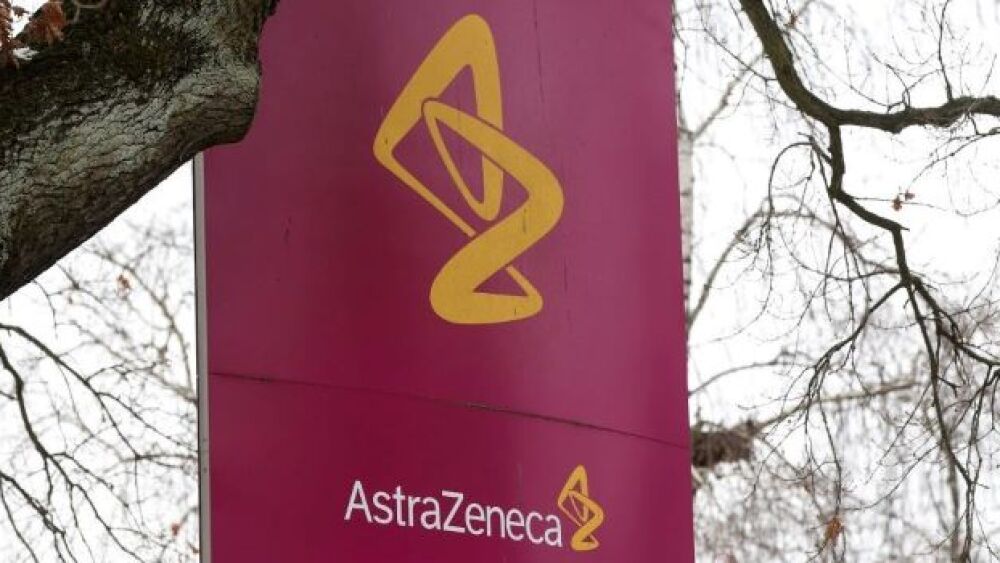The announcement follows a subgroup analysis of the Phase III SOLO3 trial which showed patients treated with Lynparza saw a 33% greater risk of death than controls who received standard chemotherapy.
Bodo Marks/picture alliance via Getty
Lynparza (olaparib) is no longer approved for use in highly pre-treated patients with advanced ovarian cancer harboring BRCA mutations, according to a notice from the drug’s manufacturer AstraZeneca.
The announcement, made in August but which has largely remained under wraps, follows a subgroup analysis of the Phase III SOLO3 trial. The results showed patients treated with Lynparza saw a 33% greater risk of death than controls who received standard chemotherapy.
The withdrawal affects patients who had undergone at least three prior lines of chemotherapy but does not impact other existing indications for Lynparza.
The drug remains approved for the first-line maintenance treatment of BRCA-mutated advanced ovarian cancer and for HRD-positive advanced ovarian cancer in combination with Genentech’s Avastin (bevacizumab). Lynparza can also still be used as a maintenance medicine for recurrent ovarian cancer.
SOLO3 was an open-label, randomized and controlled study that compared Lynparza against a physician’s choice of single-agent chemotherapy. The trial enrolled patients with platinum-sensitive relapsed ovarian cancer who were carriers of a deleterious or potentially deleterious germline BRCA mutation. All participants had received at least two prior lines of chemotherapy.
In the full analytic set, which included patients who had been treated with only two prior lines of chemo, there was no excess mortality risk.
PARP Inhibitor Problems
Lynparza belongs to a class of drugs called PARP inhibitors. These medicines work by deactivating the poly-ADP ribose polymerase, also called the PARP enzyme, which under normal circumstances repairs errors in the DNA. This approach works best against tumors that already have faulty DNA repair mechanisms due to specific genetic alterations. Several BRCA-mutated malignancies fall under this category.
Lynparza shares the PARP inhibitor space with other heavy hitters including GlaxoSmithKline’s Zejula (niraparib) and Clovis Oncology’s Rubraca (rucaparib). While both have demonstrated strong clinical efficacy profiles, they have also recently been the subject of similar safety concerns.
Earlier this month, GSK issued a notice announcing its intentions to voluntarily withdraw Zejula as a fourth-line treatment for advanced homologous recombination deficiency (HRD)-positive ovarian, fallopian tube or primary peritoneal cancer. In November, the FDA’s Oncologic Drugs Advisory Committee will meet to scrutinize final overall survival data from the NOVA trial to determine if Zejula should reamin on the U.S. market.
In June, Clovis Oncology made a similar move, pulling Rubraca from the U.S. market for patients with BRCA-mutated ovarian cancer who had undergone two or more prior lines of chemo. In both cases, Rubraca and Zejula were effective against the malignancy but threatened an excess risk of death in highly pre-treated patients.
It remains to be seen whether this trend will impact other developers of PARP inhibitors.
Pfizer owns Talzenna (talazoparib), which is approved for BRCA-mutated, HER2-negative locally advanced or metastatic breast cancer. Fellow pharma powerhouse AbbVie is also seeing its PARP inhibitor, Veliparib, through clinical studies. It has already finished trials in colorectal cancer and refractory solid tumors, among others. The FDA granted the candidate the orphan drug designation for advanced squamous non-small cell lung cancer in 2016.






